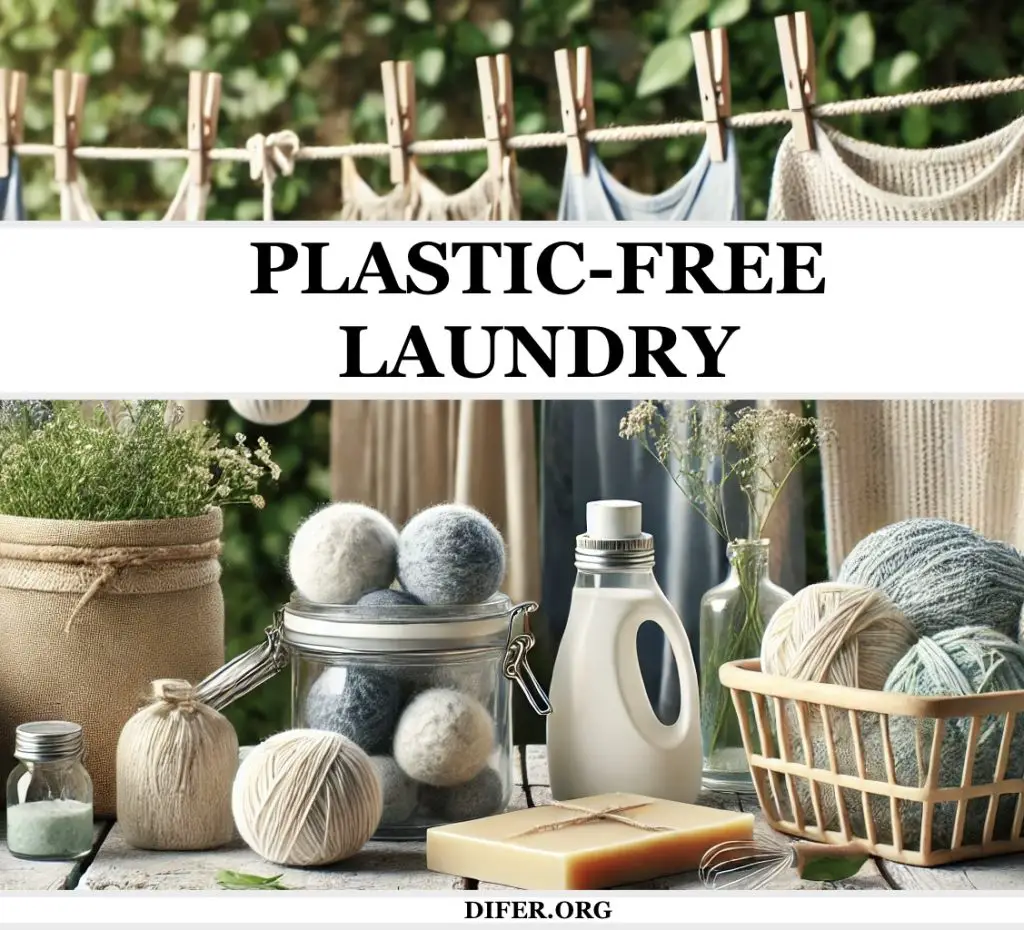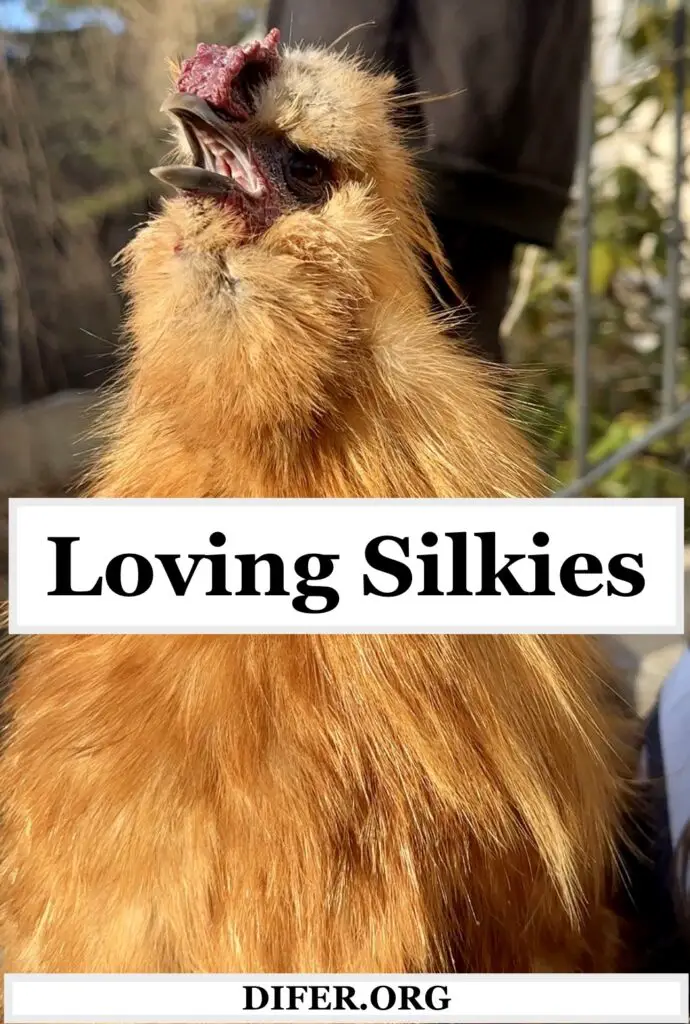Tips and Tricks for Plastic-Free Laundry
Products to Help Transition to Plastic-Free Laundry.
This section includes affiliated links to eco-products at no cost to you. We receive a small commission from sales of these products.
- Soap Nuts: Natural, biodegradable nuts that clean clothes without synthetic chemicals.
- Powdered Detergents: Often packaged in cardboard, paper, or even metal. Look for brands like Meliora in a reusable metal container and Arm & Hammer Laundry Powder in a cardboard box. Tide and Gain powder laundry detergent is also available in available in a cardboard box.
- Wool Dryer Balls: Replace wasteful single-use dryer sheets and help reduce drying time. Use natural essential oils on the wool dryer balls to add any scent you prefer to your laundry.
- Laundry Bars: Solid bars of detergent that are package-free or come in minimal, recyclable packaging. They are also a powerful stain remover and can be great boost to your laundry.
- Super Washing Soda Household Cleaner and Laundry Booster: 100% fragrance-free and phosphate-free laundry additive washing soda neutralizes and eliminates odors naturally without the use of heavy fragrances, leaving a long-lasting fresh and neutral clean scent and comes in an eco-friendly cardboard box.
- Baking Soda: Baking Soda is free of harsh chemicals and is a versatile, effective and affordable solution for over 170 years. Used for baking, cleaning, deodorizing and more. It can be used with HE washing machines.
- Fels-Naptha: Fels-Naptha is a powerful stain remover that is gentle yet highly effective on fabric. It comes in paper packaging and has been used for generations.
- Castile Soap: Castile soap is plant based with no synthetic preservatives, no detergents and no foaming agents. It is very versatile and great works on many different surfaces including skin and fabric.
- Reusable Laundry Bags: Use cotton or cotton mesh laundry bags instead of plastic ones for washing delicate items. Washing items in these bags will help prevent the premature wear of many delicate items and will reduce microplastics from washing.
- Vinegar: As natural cleaning solution, vinegar is versatile solution to cleaning many items and is incredible effective at cleaning laundry especially when paired with baking soda.
- Liquid Detergent Alternatives: If you prefer liquid detergent, use brands that offer refills in glass or metal containers like Fill Refill Co. Liquid Laundry Detergent or make your own liquid detergent by grated a bar of Castile soap, Fels-Naptha, or any natural soap bar. Then combine the grated soap with 1 cup of washing soda and 1 cup of borax (if using). Stir the mixture thoroughly until well combined. To making it into liquid, just add the mixture to boiling water and mix until it is customized to your liking.
- Line Dry Clothing: Line drying clothing is a simple yet impactful practice that offers a wide range of benefits from reducing environmental impact and saving money to preserving the quality of clothing and promoting a healthier lifestyle making this traditional method of drying clothes is a worthwhile consideration for any household.
- Use a Fabric Shaver to Make Fabric Look Newer Longer: Fabric Shavers quickly and easily remove lint and piling to make fabrics look newer, cleaner, and feel better longer.
- Wash Less Often: Washing clothing less often can extend the lifespan of fabrics, save water and energy, and reduce wear and tear, thus preserving colors and textures. It also decreases the release of microfibers into waterways, cutting down environmental pollution and conserving resources. To wash clothing less often, follow these tips:
- Spot Clean: Treat stains immediately with a damp cloth to avoid washing the entire garment.
- Air Out Clothes: Hang clothes to air out after wearing to freshen them up.
- Rotate Outfits: Avoid wearing the same clothes multiple days in a row.
- Use Fabric Fresheners: Spray lightly with a fabric freshener.
- Wear Undershirts: They absorb sweat and reduce the need to wash outer garments frequently.
- Replace Synthetic Fabrics with Natural Fibers: Choose clothing made from natural fibers such as cotton, linen, hemp, and wool. These materials are biodegradable and do not shed microplastics.
Plastic-Free Fabrics
- Cotton: Soft, breathable, and biodegradable. Ideal for everyday clothing.
- Linen: Durable, lightweight, and made from the flax plant. Perfect for summer garments.
- Hemp: Strong, absorbent, and resistant to mold. Great for bags and outdoor wear.
- Wool: Warm, natural insulator. Excellent for winter clothing and blankets.
- Silk: Luxurious, natural fiber from silkworms. Best for delicate garments and sleepwear.
*Avoid Laundry Sheets or Strips as many of them are made with PVA. Polyvinyl Alcohol (PVA) is a synthetic polymer that poses some environmental concerns.
By adopting these plastic-free methods and products, you can make your laundry routine more sustainable and reduce your environmental impact. Not only do these changes help the planet, but they also promote healthier living by reducing exposure to synthetic chemicals and plastics.
Transitioning to plastic-free laundry practices can have significant benefits for both the environment and personal health. Here are several compelling reasons to make this change:
Environmental Benefits
- Reduction in Microplastic Pollution
- Synthetic Fibers: Traditional laundry detergents and synthetic fabrics release microplastics into water systems. Microplastics are tiny plastic particles that can harm marine life and ecosystems.
- Waterways and Oceans: By using plastic-free laundry products, you reduce the amount of microplastics that end up in rivers, lakes, and oceans.
- Less Plastic Packaging Waste
- Landfills: Conventional laundry detergents often come in plastic bottles and containers that contribute to landfill waste.
- Recycling Challenges: Not all plastic packaging is recyclable and only about 8% of plastic world-wide is every actually recycled, leading to more plastic waste in the environment.
- Lower Carbon Footprint
- Production and Transportation: Plastic-free products often have a lower carbon footprint because they require less energy to produce and transport, especially if they are concentrated or come in minimal packaging.
Health Benefits
- Reduced Chemical Exposure
- Toxins: Many traditional laundry detergents contain chemicals and artificial fragrances that can be harmful to human health. Plastic-free alternatives often use natural ingredients that are safer for skin and overall health.
- Allergies and Sensitivities: People with sensitive skin or allergies can benefit from the gentle, natural ingredients in plastic-free laundry products.
- Improved Air Quality
- Volatile Organic Compounds (VOCs): Some laundry detergents release VOCs, which can affect indoor air quality and respiratory health. Plastic-free and natural detergents typically do not release these harmful compounds.
Practical Benefits
- Cost-Effectiveness
- Concentrated Formulas: Many plastic-free laundry products come in concentrated forms, meaning you use less product per load, which can save money over time.
- Durability: Products like laundry strips or bars can last longer than liquid detergents, providing more value for your money.
- Space Saving
- Compact Packaging: Plastic-free options often come in compact, lightweight packaging, saving storage space and making them easier to handle.

For more Eco-Friendly Ways to Save and Help Avoid Harmful Waste, please read ECO-Friendly Ways to Save:
Green Ways to Save Green: Eco-Friendly Ways to Save Money
For Natural Beauty Tips, please read Natural Beauty:
Natural Beauty
Please Share this Information
DIFER.ORG is committed to reducing waste to help the environment





